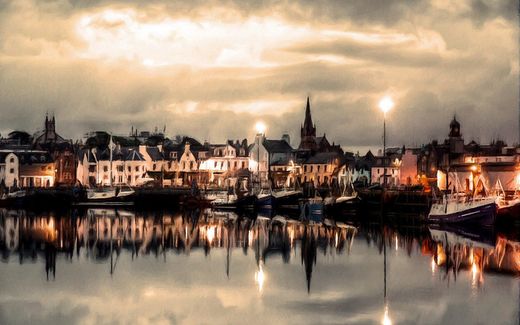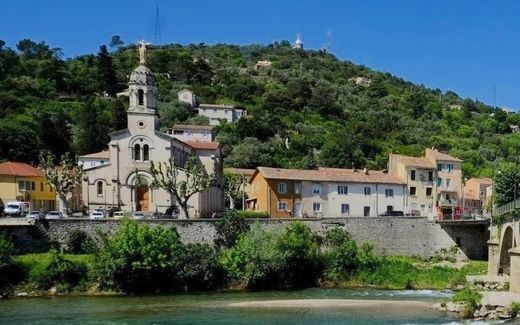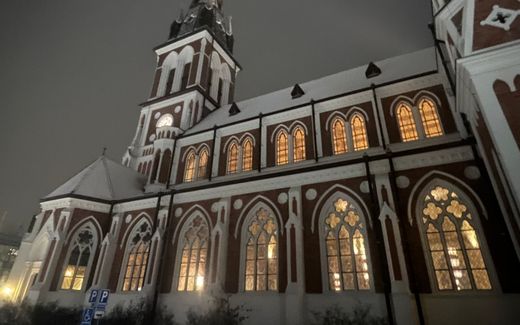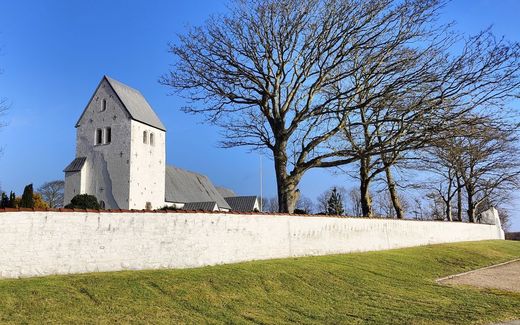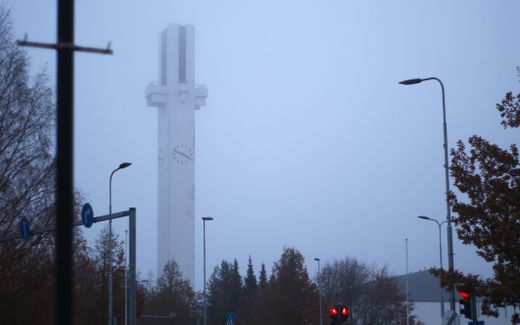On the Isle of Lewis, many boys suddenly came to faith
21-08-2024
Western Europe
Maarten Stolk, RD
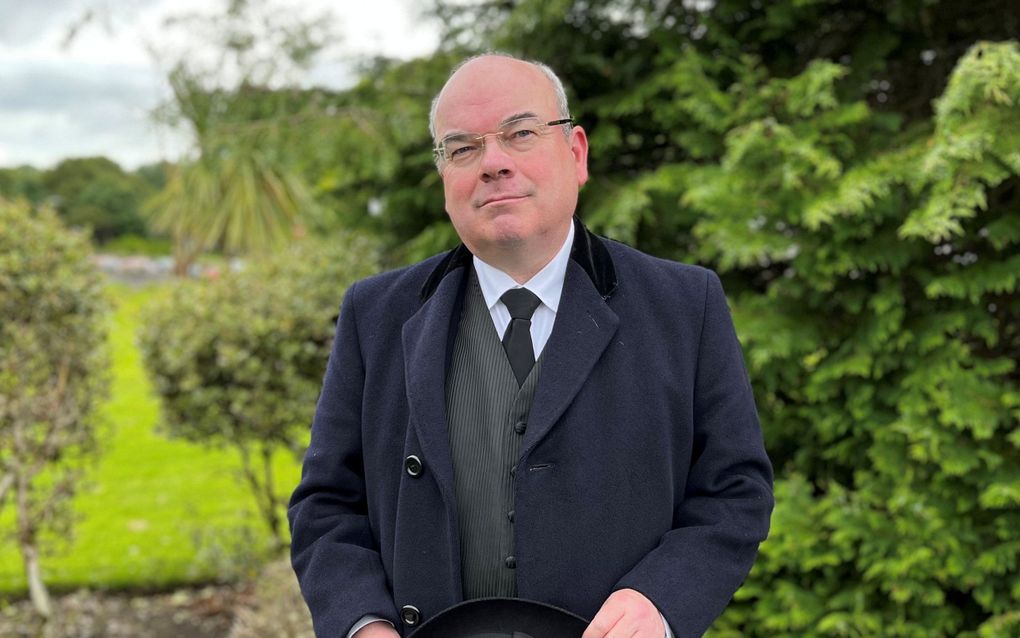
John Macleod. Photo RD
Western Europe
Lewis was richly blessed with spiritual revivals in the past. And still the island in the Outer Hebrides forms the heart of Scotland's Biblebelt, although the 'last stronghold' is now also showing some cracks.
The British broadcaster BBC broadcast the series "The Last Stronghold of the Pure Gospel" in the late 1970s, which was about Lewis' spiritual life. It is true: the island off Scotland's west coast is home to proportionately many conservative Christians. But time has not stood still there either.
John Macleod (58), a member of the Free Presbyterian Church in Stornoway, the capital of the Western Isles, is a commentator with the Scottish Daily Mail and son of Prof Donald Macleod, former rector of Free Church College in Edinburgh, who died last year.
He knows his stuff: 2008 saw the publication of his book “Banner in the West”, a spiritual history of the Isles of Lewis and Harris, from the hesitant arrival of Christianity in –likely– the sixth century to a remarkable spiritual revival among schoolchildren, especially boys, in 2005. Suddenly, 12- and 13-year-olds also started attending weekday' prayer meetings', whereas traditionally, these were attended only by Christians who were 'assured' of their faith and participated in the Holy Communion.
Macleod, dressed in black and grey striped trousers with a matching waistcoat this Friday in June, welcomes his guest at Cleavern restaurant, just outside Stornoway town centre. He lays his black bowler hat on a chair, orders Scottish 'black pudding' (a kind of blood sausage) and says that the Isle of Lewis only belatedly acquired a conservative Christian character. "The Scottish Reformation was in 1560, but it was not until the early nineteenth century that evangelical preachers came to Lewis," he says. "The islanders spoke Gaelic and did not get a Bible in their own language until 1811. Education and literacy were important in spreading the Gospel, which, of course, has amazing power in itself."
Holy Communion
In Ness, a little further north on the island, a small museum tells the history of the area, of farmers and fishermen who fought for a living. There is a farming tool, a basket to transport caught cod and halibut, and a loom for the wool of the Harris tweed. A stone cross from the 10th or 11th century –no one knows exactly– shows that Christianity is by no means a novelty on the windswept island.
In a display case, just down the road, are metal plates bearing a Bible text: 'Do this to My remembrance.' Those wishing to partake of Holy Communion receive one on Saturday evening and hand it in to the serving elder just before communion on Sunday. The tradition is still alive and kicking.
The communion season, a series of meetings on Thursday to Monday around the celebration of Holy Communion, is well on its way out. Modern people no longer have time for so much self-examination and thanksgiving. Although some churches still convene meetings for preparation (on Saturdays) and post-consecration (on Mondays).
Invited
On one wall of the museum hangs a black board with gold lettering, on which the Church of Scotland announces its services. Two in Gaelic every Sunday and an English one twice a month. "Everyone is invited."
Now the roles have reversed, says Macleod. While in the early 1980s, more than eight in ten residents still spoke Gaelic, that percentage has now shrunk to around 40 per cent. Many young people are moving away, while people from 'outside' are coming to live on the island on the west coast of Scotland. This is "eroding" the Biblebelt, he believes. "Television use, bringing a secular and often very anti-Christian message into homes day and night," he says, is also not doing any good. "And, I know it's controversial: working women also contribute to secularisation because they are less likely to be home for the children."
Although fewer people attend church in Stornoway than in the past, most still regard the Lord's Day as a day of rest. "A campaign to open a cinema at the local arts centre on Sundays did not get local support. And the bakery that was open on Sundays, Blackhouse Bakery, closed its doors last year. People are not so likely to go out on the streets on the Lord's Day anyway."
Psalms
In many churches on the island, only psalms sound on Sundays, unaccompanied by a musical instrument. A legacy of the Reformation, Macleod says, and he is happy with it. "One of the great things about the Psalms is that they touch a whole range of emotions. Sad Christians, bitter Christians, upset Christians, depressed Christians – there is a psalm for each of them. Sometimes they sound dark, but always they are honest. I miss that in many modern hymns."
Several revivals took place on Lewis in the past. Could there be one again? "Certainly, but only by the grace of God. That is one factor. Also, especially in the past, there was a culture of high church attendance and wide respect for the Gospel. In a rural community, the power of the Word is quickly noticed, for instance, in the life of the local drunkard. In a goldfish bowl, you can see everything clearly."
This article was translated by CNE.news and published by the Dutch daily Reformatorisch Dagblad on June 27, 2024
Related Articles

